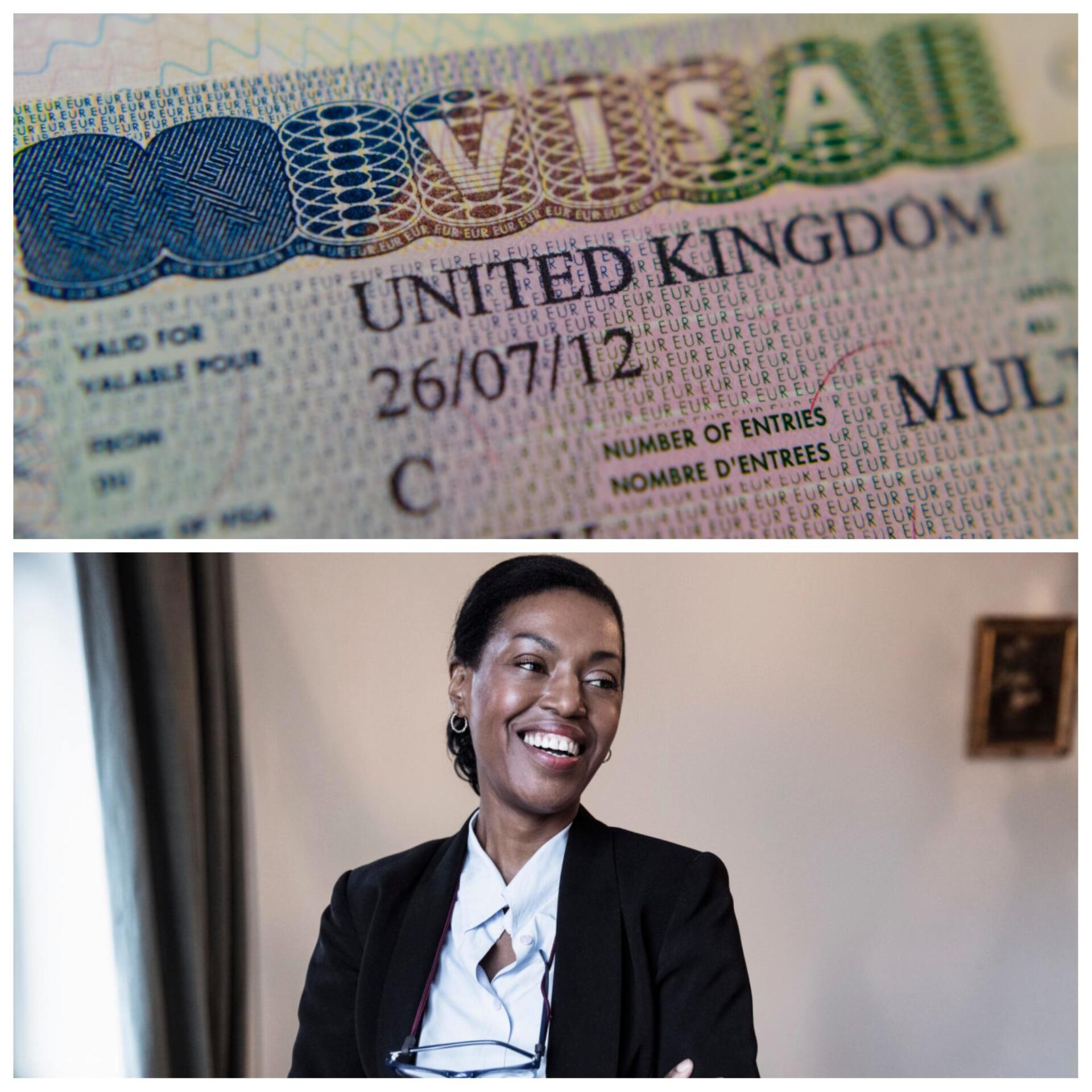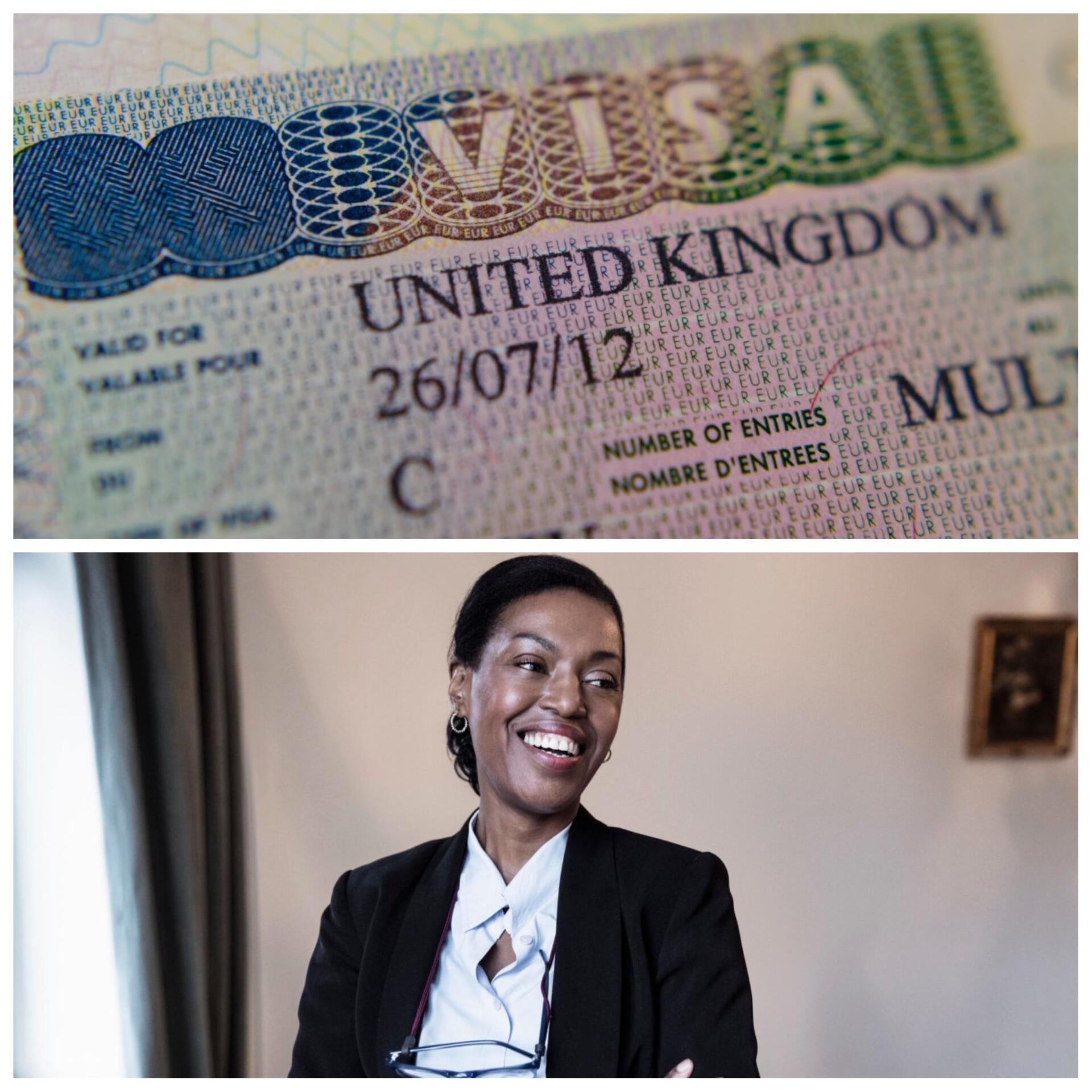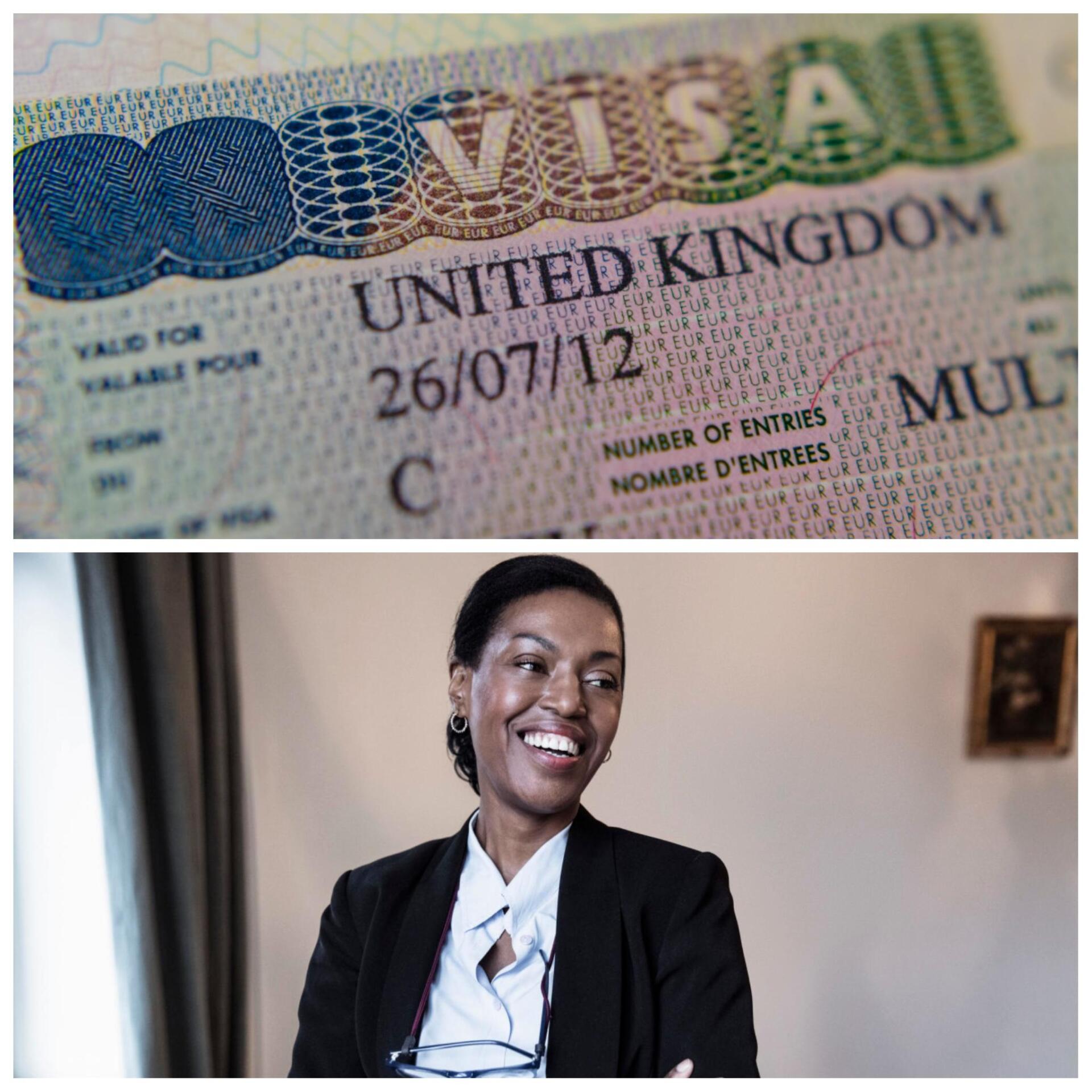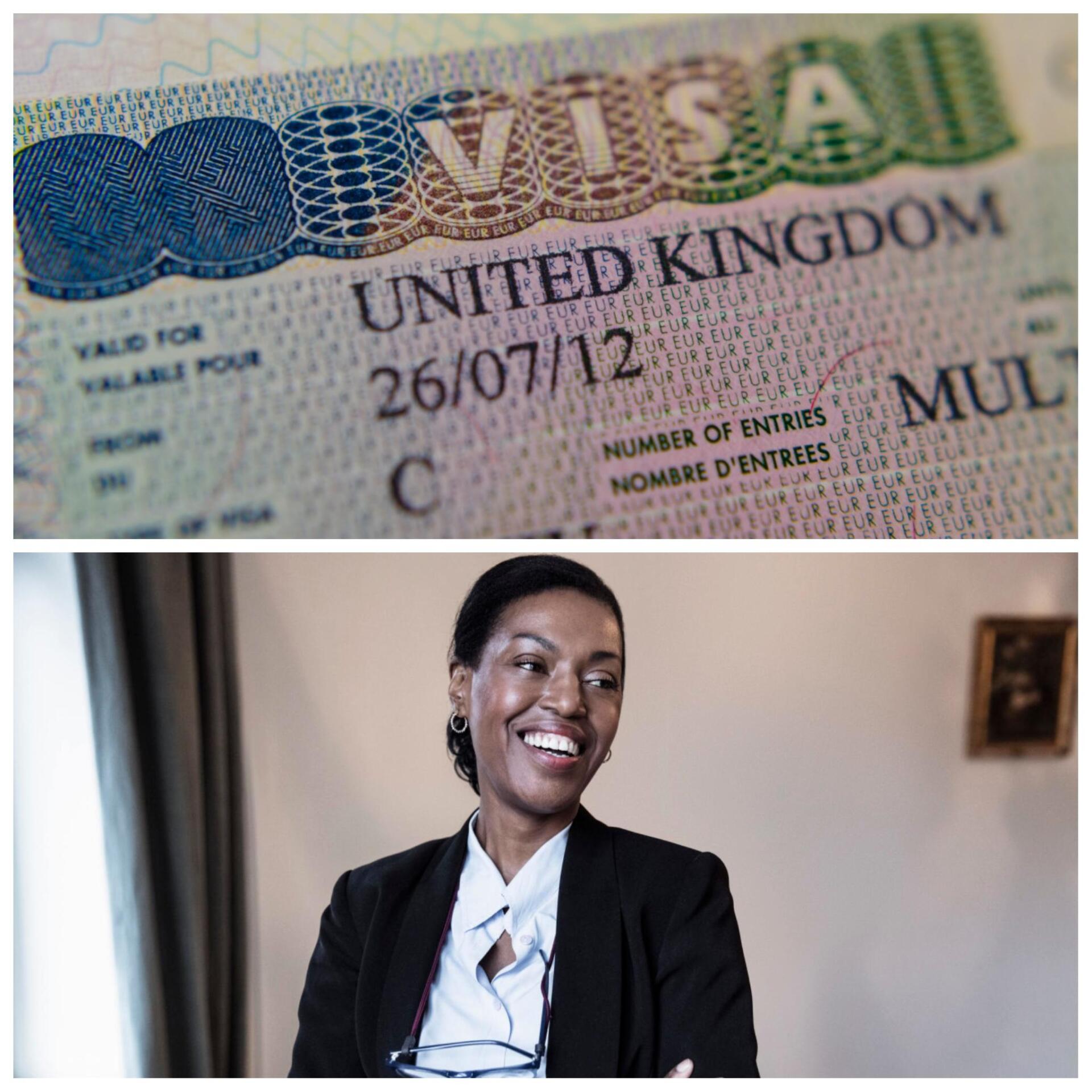UK Entry Requirements for EU Citizens After BREXIT
Failure to comply with these regulations could result in delays or even being denied entry.
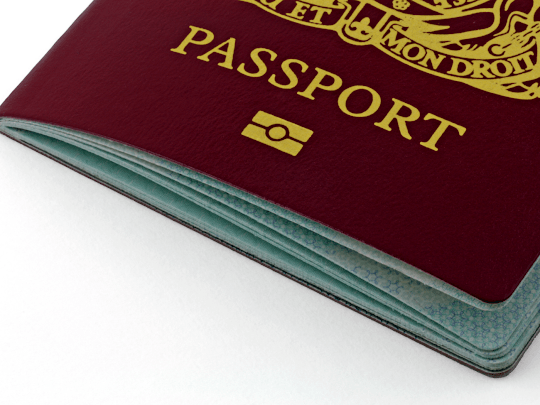
If you're an EU citizen planning to travel to the UK post-Brexit, it's important to be aware of the new entry requirements. Failure to comply with these regulations could result in delays or even being denied entry. This guide will provide you with all the information you need to ensure a smooth entry into the country.
Check if you need a visa.
EU citizens will not need a visa to enter the UK for short-term visits of up to six months. However, if you plan to stay longer or work in the UK, you may need to apply for a visa. The type of visa you need will depend on your individual circumstances, such as your reason for visiting and your nationality. You can check the UK government's website for more information on visa requirements and how to apply. It's important to apply for your visa well in advance of your planned travel dates to avoid any delays or issues.
If you are a non-EU citizen, you will likely need a visa to enter the UK. The type of visa you need will depend on your reason for visiting, such as for work, study, or tourism. You can check the UK government's website for a full list of visa requirements and how to apply. It's important to note that visa applications can take several weeks or even months to process, so it's best to apply as early as possible to avoid any issues with your travel plans. Additionally, make sure to have all necessary documents and information ready when applying for your visa to ensure a smooth process.
Have the necessary documents ready.
To ensure a smooth entry into the UK, it's important to have all the necessary documents ready before you travel. EU citizens will need a valid passport or national identity card to enter the UK. If you plan to stay longer or work in the UK, you may also need to provide additional documents such as a visa, proof of employment, or proof of financial support. Make sure to check the UK government's website for a full list of required documents and any additional requirements based on your individual circumstances.
It's also important to note that non-EU citizens may have different entry requirements, depending on their country of origin. Some may need to apply for a visa before traveling to the UK, while others may be eligible for a visa waiver program. It's crucial to research and understand these requirements well in advance of your trip to avoid any delays or complications at the border. By having all the necessary documents ready and understanding the entry requirements, you can ensure a smooth and stress-free entry into the UK.
Prepare for border control.
With the implementation of new entry requirements for EU citizens post-Brexit, it's important to be prepared for border control. Make sure to have all necessary documents ready and easily accessible, such as a valid passport or national identity card. It's also important to be aware of any additional requirements based on your individual circumstances, such as a visa or proof of employment. By being prepared, you can ensure a smooth entry into the UK.
In addition to having the necessary documents, it's important to be aware of any restrictions or regulations related to items you may be bringing into the country. This includes food, plants, and animals. It's also important to declare any items that may be subject to customs duties or taxes. By following these guidelines and being prepared, you can avoid any delays or issues at the border and ensure a smooth entry into the UK.
Understand the new rules for working in the UK.
EU citizens looking to work in the UK post-Brexit will need to apply for a work visa. The new points-based system will assess applicants based on their skills, qualifications, and job offer. It's important to note that some jobs may require additional certifications or qualifications. Employers will also need to be registered with the UK government as a licensed sponsor in order to hire EU citizens. It's important to research and understand the new rules before applying for work in the UK.
Under the new rules, EU citizens will need to score a minimum of 70 points to be eligible for a work visa. Points will be awarded based on factors such as job offer, skill level, and English language proficiency. It's important to note that the job offer must meet certain requirements, such as paying a minimum salary and being from a registered sponsor. Additionally, some jobs may require additional certifications or qualifications, so it's important to research the specific requirements for your desired job. Employers will also need to be registered with the UK government as a licensed sponsor in order to hire EU citizens. It's important to understand these new rules and requirements before applying for work in the UK.
Stay up-to-date with any changes.
As the UK continues to navigate its post-Brexit landscape, it's important for EU citizens to stay informed about any changes to entry requirements. The rules and regulations may continue to evolve, so it's important to regularly check for updates and ensure that you are meeting all necessary requirements before traveling to the UK. This will help ensure a smooth entry into the country and avoid any potential issues or delays at the border.
Currently, EU citizens can still enter the UK with a valid passport or national ID card. However, starting in 2022, they will need to apply for a visa waiver through the Electronic Travel Authorization (ETA) system. It's also important to note that EU citizens will need to have a valid reason for entering the UK, such as work, study, or visiting family or friends. Checking the UK government's website for the latest information on entry requirements is crucial to avoid any surprises or complications during your travels.
For advice on UK immigration matters
contact us today.
